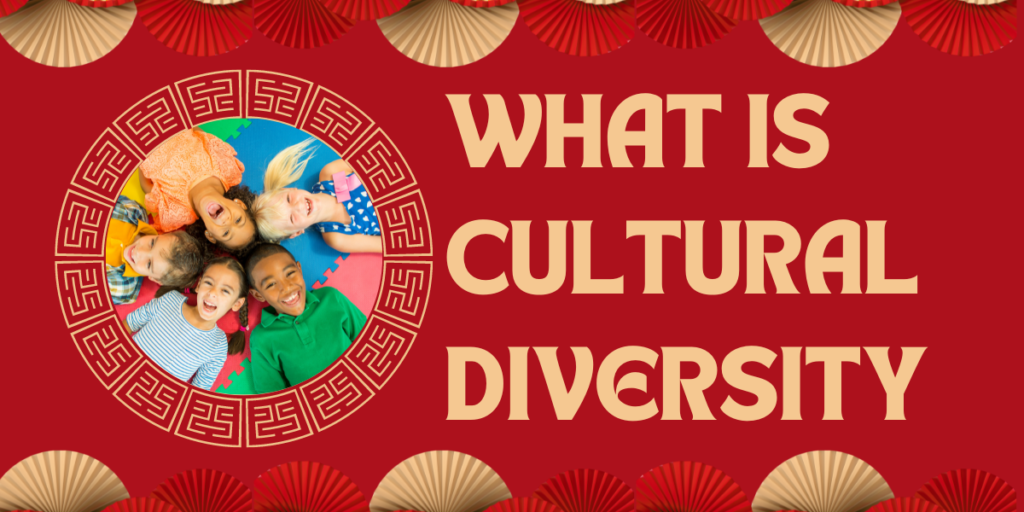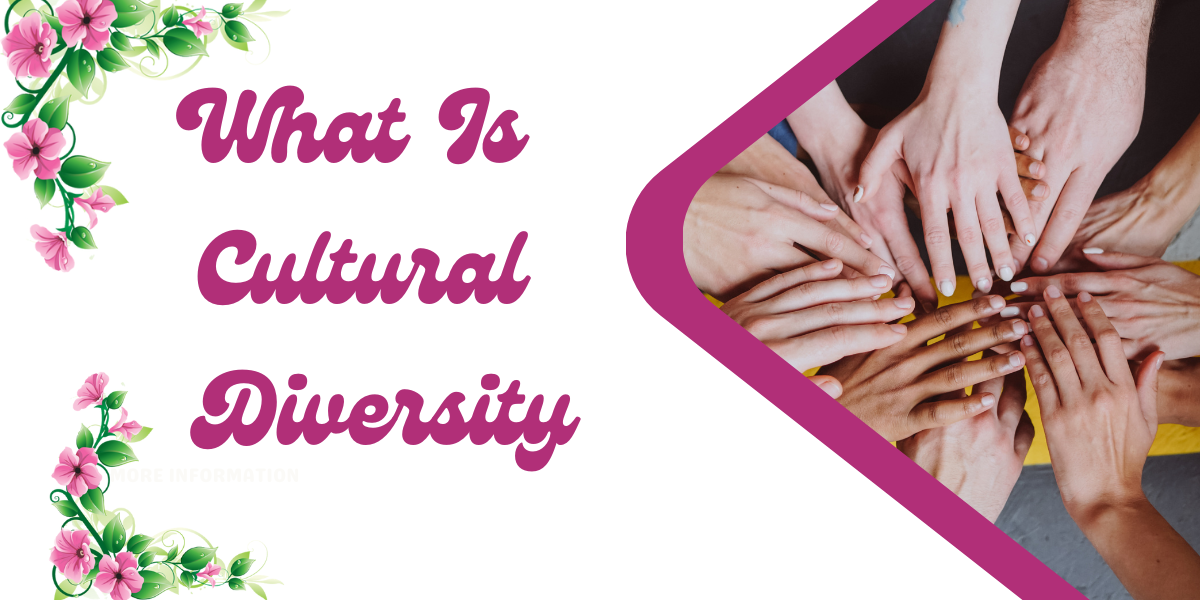what is cultural diversity
Cultural diversity is a concept that has been gaining significant attention in the past few decades. The term refers to the presence of multiple cultures and ethnicities within a society or a particular geographical region. What Is Cultural Diversity can manifest in various ways, including different languages, beliefs, traditions, and customs. It is a vital aspect of human life, shaping individual experiences and contributing to the richness and vibrancy of society.
What Is Cultural Diversity-Defining Cultural Diversity
Cultural diversity refers to the presence of multiple cultures and ethnicities within a society or geographical area. It encompasses the differences in beliefs, values, customs, and traditions that exist among individuals of different ethnicities, races, religions, and social backgrounds. Cultural diversity is not limited to ethnicity or race but can also refer to differences in gender, age, sexual orientation, and socio-economic status.
Importance of Cultural Diversity
Cultural diversity is an essential aspect of human life, contributing to the richness and vibrancy of society. The presence of diverse cultures and ethnicities allows individuals to learn about different perspectives and ways of life, promoting tolerance and understanding. Exposure to What Is Cultural Diversity and ideas can broaden one’s horizons, leading to personal growth and development.
Cultural diversity is also crucial in creating an inclusive and welcoming society. By embracing cultural diversity, individuals can recognize and celebrate the differences that make each person unique. This recognition can lead to a more accepting and inclusive society that values the contributions of all individuals.
Moreover, cultural diversity can contribute to economic growth and development. Countries with diverse populations are often more innovative and creative, with a wider range of skills and experiences to draw upon. What Is Cultural Diversity This diversity can lead to the creation of new ideas, products, and services, leading to economic growth and prosperity.

Challenges of Cultural Diversity
While cultural diversity has many benefits, it can also present challenges. Differences in beliefs, values, and customs can lead to misunderstandings and conflict. What Is Cultural Diversity Stereotyping and discrimination based on cultural differences can also occur, leading to social and economic inequalities.
Language barriers can also be a significant challenge in culturally diverse societies. Communication difficulties can lead to misunderstandings and hinder integration, particularly for immigrants and refugees who may not speak the local language fluently.
Cultural diversity can also create tension and social fragmentation, particularly in societies where different cultures and ethnicities are geographically isolated. What Is Cultural Diversity This isolation can lead to the formation of cultural ghettos, where individuals of a particular ethnicity or culture live in separate communities, leading to social division and exclusion.
Managing Cultural Diversity
To manage cultural diversity effectively, it is essential to promote understanding and tolerance among individuals of different cultures and ethnicities. Education is a critical component of managing cultural diversity, providing individuals with knowledge about different cultures and perspectives. Education can help combat stereotyping and discrimination, promoting acceptance and integration.
Governments and organizations can also promote cultural diversity by implementing policies and practices that celebrate diversity and promote inclusion. This can include affirmative action programs, language assistance services, and cultural exchange programs. These programs can help break down cultural barriers and promote understanding and acceptance.
Conclusion
Cultural diversity is a vital aspect of human life, contributing to the richness and vibrancy of society. It promotes tolerance, understanding, and personal growth and development.
While cultural diversity can present challenges, these challenges can be overcome through education, understanding, and inclusive policies and practices. By embracing cultural diversity, individuals and societies can create a more welcoming and inclusive environment that values the contributions of all individuals.












